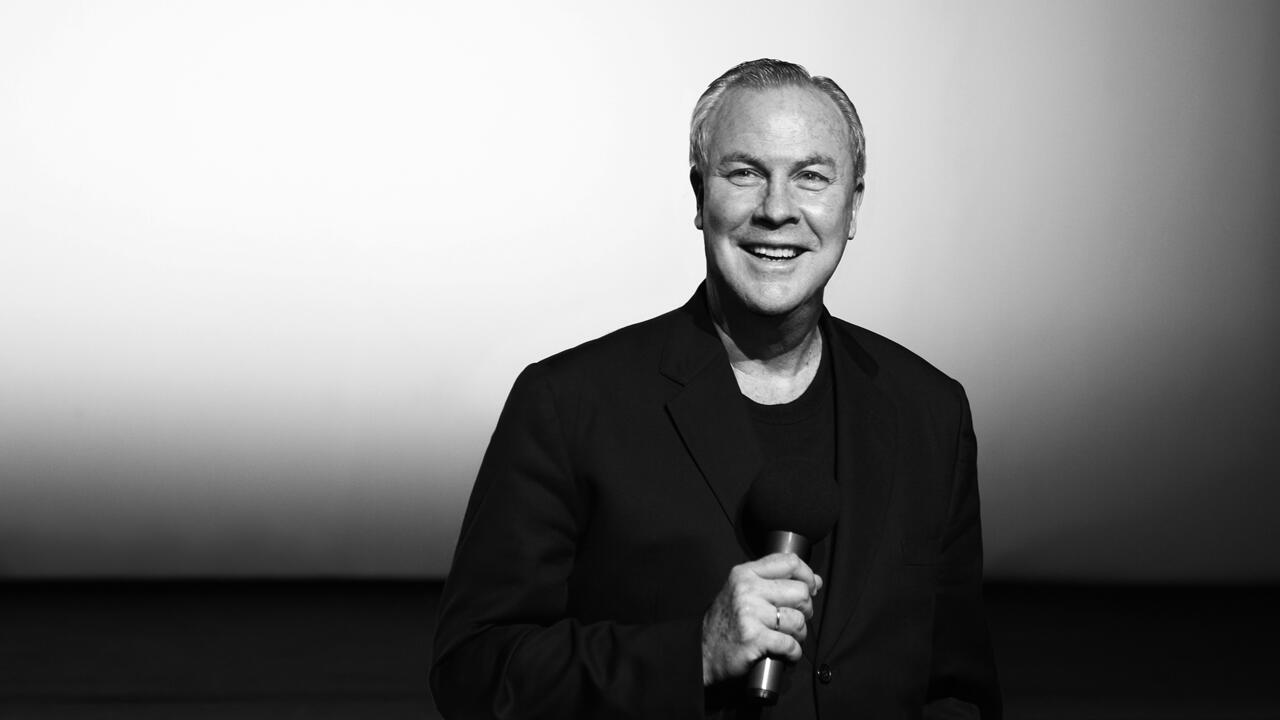Books
Who should the internet serve?
Who should the internet serve?

This article, once it is uploaded to the internet and linked to social media websites, will compete for attention with cute cats, urgent calls to political action, celebrity puffery and bits of observational comedy about food and airports. That it will find itself amidst such traffic has nothing to do with my cache as a writer; frieze’s longstanding reputation as an arbiter of art and cultural information deserves credit, as do the websites that enable online sharing. Yet even among frieze ‘followers’, few will have the time and attention necessary to click and read this article to its end. Even fewer will have the material opportunities to write an article for an art magazine in the first place. (Full disclosure: I am a university-supported professor. Like Laurence Sterne, I have the luxury of being able to write ‘to be famous, not to be fed’.)
This is a hypothetical situation, of course. This article is not free. Initially it will be available only to frieze subscribers, and I have been paid for writing it. Increasingly, however, this scenario describes the production and dissemination of culture in the wake of Web 2.0, the technocratic term for the way the internet has been working – and making money – since the dotcom bust of the early 2000s. While the first internet start-up companies wanted their websites to operate like brick and mortar businesses, as ‘one-stop shops’, social media platforms such as Facebook, Twitter and LinkedIn have ushered in a new economic logic. Unpaid users create value for web companies by generating and sharing content – videos, pictures, ideas and articles. The owners of these websites sell information about users – what they click, what they ‘like,’ who they ‘friend’ – to advertisers seeking ever-stealthier ways of targeting potential consumers.
By all accounts, we have not really been bothered by this arrangement. Mark Zuckerberg may have pocketed billions from the sale of Facebook, but Web 2.0 has been heralded as a social revolution. The internet, we hear, is a democratic space, an open platform where people can take power for themselves, self-publishing ideas, reviewing albums on blogs, and uploading music made in their bedrooms. Who needs a gallerist, record label or publicist anymore? Social media platforms have brought meritocracy to the cultural landscape. Zuckerburg can have his cake, but we can eat it too.
Yet these two regimes – a democratic republic of online culture and a social media fiefdom – cannot happily coexist. In her new book, The People’s Platform (2014), Astra Taylor – activist and documentary filmmaker of Zizek! (2005) and Examined Life (2008) – argues that ‘while the internet creates space for many voices, the openness of the web reflects and even amplifies real-world inequalities as often as it ameliorates them’. Refusing to identify herself as a techno-skeptic or techno-utopist, Taylor argues for a more nuanced view of the economic and social forces that shape the way we use the internet. What she outlines will not surprise those of us acquainted with the work of McKenzie Wark, net neutrality advocate Tim Wu, or the late Aaron Swartz, who Taylor credits in her acknowledgements. But Taylor is not a proponent of the opinion that the internet should be more free and open. While she accepts many of the diagnoses made by free-culture enthusiasts and anti-copyright advocates, she proposes a different solution: if we want a more equitable cultural field, a more variegated and interesting world for art to thrive in (even when it does not turn a profit), we need to both regulate the internet and invest in offline institutions.
It is not entirely clear what qualifies as meaningful art for Taylor. She speaks of ‘socially valuable work’ even though not all art has a utilitarian function and ‘the freedom to think, feel, create and act with the whole of one’s being.’ What is clear, however, is that online tracking tools threaten her idea of socially necessary culture. ‘The mistake new-media boosters make’, she says, ‘is to equate our spur-of-the-moment searches and fleeting fancies with deep-seated needs and desires.’ Data metrics cannot explain if a person really cares about a link she clicks on, or if she would care about something she has not yet seen. When new media companies rely on data as an index of consumer taste, we get fed the same content over and over. We are also cut off from difference and otherness. It is not a democracy when the news stream of a liberal-minded person filters out the political opinions of a conservative pundit.

Net neutrality activists argue that broadband providers should be subjected to common carrier obligations. The US cable provider Comcast, for example, should not be able to prioritize the content it owns from a merger with NBC Universal. All data should flow equally to end-users. Fixing the pipes is only one solution, however. Even if we can arrive at fair distribution, how can we ensure that artists and writers have space and time, as well as a living wage, to continue making their work? Taylor cites the situation of journalists forced to become the ‘churnalists’ of ad-friendly, aggregated content because of a shortage (bordering on extinction) of funding for investigative and overseas reporting.
It is tempting to see Taylor as waxing nostalgic about cultural production, but she raises a striking set of questions: what becomes of the imagination when algorithms advise us to repeat old forms? How do we pursue originality when there is enormous pressure to link our work to what is ‘trending?’ How can we think of the internet as a public sphere if the advertising funds that support our passing indulgence in silly cat memes do not lead to cross-subsidies for more difficult and demanding types of art? What are we giving away in exchange for our ‘free’ connection to art and information?
Taylor’s book reinforces a controversial argument made by the German philosopher and sociologist Jürgen Habermas in a speech given at the 2006 International Communication Association. There, Habermas dismissed the democratic potential of the internet arguing that: ‘The rise of millions of [...] chat rooms across the world tends instead to lead to the fragmentation of large but politically focused mass audiences into a huge number of isolated-issue publics.’ Unlike the salons and coffeehouses of the 18th century, where men and women (mostly men) met to rationally debate public issues, the internet is not a unified space. It is, instead, a network of isolated, privately funded groups that are disconnected from real decision-making processes.
This is ultimately Taylor’s opinion as well. ‘In the digital realm, who stands for the public interest?’ she asks. ‘The state remains the most powerful entity that can be employed to advance the cause of the sustainable culture.’ If we care about preserving a variety of artistic practices for the future, we need to address the state, advocating for progressive media policy that will end tax breaks for internet companies and use that money to fund art, culture and journalism. Culture cannot be subjected to competition on the free market. It is not a consumer good that can be made cheaper and faster. Nor is it something that we should expect to download for free.
If there is an idealism that cynics will target in Taylor’s book it is the same idealism that influences those who buy organic tomatoes and fairtrade coffee. It is the idealism of ethical consumerism, of paying for labour instead of shiny packaging. But can we truly have a democratic culture where every voice and every artist receives material support without market incentives? Taylor is a bit soft on the economics, but she gives plenty of reason to start paying for the art you’d rather not see extinct.
























